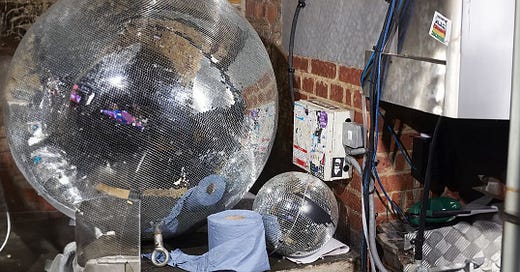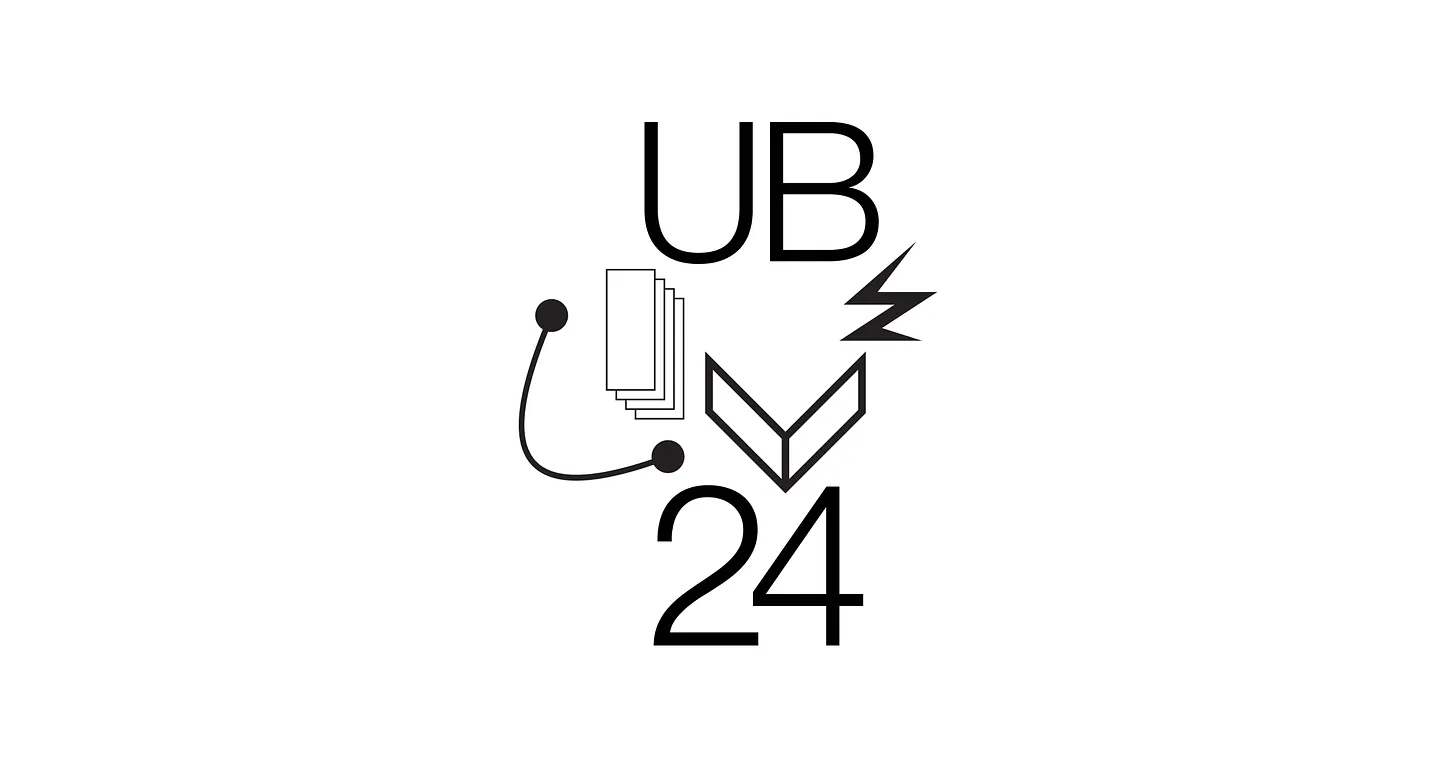Since moving to Somerset, having children and fully embracing remote working during the pandemic, you’ll rarely see me in pubs, clubs or squat parties. But it’s no secret…I had a very active social life when I was younger.
I was always very social at school and then when I moved out of home to go to university, my social life stepped up a gear. I found myself getting involved in different social groups throughout my time there - at first it was sports clubs but later generally focussing around music. After university I moved to London and it didn’t stop there. It didn’t really slow down until I was around 30, with more of a tail off between 35 and 40 years old.
For some reason, I’ve found myself talking a lot more about those years with people over the last few months and I’m not sure why. It could be that we have quite a few younger people working at Rosie Lee now so I’m learning from them what it looks like to be in your twenties today. It was also my birthday in January, which is always a good excuse for talking about my ‘youth’!
No Regerts
Whatever the reason for talking about it more, I’m in a very different stage of life now. And this means that when I’m thinking back to how I lived my younger years my judgement can sometimes be conflicted. I have always lived with an understanding that every action I have ever taken has led me to be who I am today, and so I try not to hold onto regrets.
But one thing is for sure, I definitely partied a lot. I don’t regret this, but I do sometimes drift into considering how life might have panned out if I had taken a job that was a bit straighter and better paid, or if I had put less emphasis into my social life.
And I think thats the crux of where my thoughts go. My role requires me to have a deep understanding of culture, what makes people tick, what might excite, engage and delight people or what might connect with people on a deep emotional level. Am I better at this for direct engagement with culture in my social life? Or am I just thinking about it in that way to somehow rationalise my partying?
“You Had To Be There”
A few weeks ago, I was fortunate to be talking with Rob Scotland, recording an episode for our Unorthodox Blend Conversations. He is a cultural anthropologist, and had a lot to say about the benefits of being a part of culture rather than observing and learning from the outside. We talked about the insights that people share if they have similar experiences - and how some of those shared insights can become symbols of a time or a moment. Sometimes people will pull out the cliché “You Had To Be There”, which I believe really is sometimes true.
There is a lot to be said for cultural insights, or being somewhere in person. A parallel in my work is when Rosie Lee Creative are carrying out retail and spatial design work. Sometimes it seems like you can design spaces based on floorplans, and sometimes that is what we need to do. But we will always, always stress how much more beneficial it is to visit in person.
A rogue beam across the ceiling that wasn’t shown on the plan could just be the start of a project going wrong. A whole street can seem great in a brochure but within 5 minutes of being in the street outside you can tell that a space isn’t going to get any passing traffic.
I think in the creative industry there is something to be said for being in a space, taking multisensory readings and gut feelings into account before figuring out how to configure a space.
“It’s Who You Know”
A phrase we hear all too often…and can sometimes have a distasteful sense of privilege associated with it. But there is something deeply ingrained within us to organise around some very common structures in our friend groups, or amongst colleagues.
I would never want to abuse personal connections, but seeing these dynamics of influence play out between people in different roles, and with different personalities is really informative for anyone wanting to work in fields of marketing where influence is important. My history of going out, blagging guest lists and working within music helped me understand how promoters work, the psychology of talking with bouncers or the barter that happens between people are just some of the things you can learn from being around music or club scenes.
Being in the network is not always essential, but sometimes knowing how influence and hierarchies play out can be really useful when working with culture.
Social Learnings
The thoughts above are just a few examples of the kind of things we can learn from a busy social life, that can be put to use in work. Some of the most interesting people I know, who seem really well connected, have come from a social background where the ability to navigate human dynamics is crucial to success.
If your work involves collaborating with artists or athletes, if your work relates to buying, selling or any other role where human interaction is of paramount importance then having first hand experience of different types of interactions through your personal life is no bad thing.
I wasn’t deliberately trying to learn from my social life while it was happening, but I can say now that a lot of my understanding about group dynamics, or archetypes of how people operate socially has been formed by that time.
CV Gaps
Unfortunately, it can be really hard to share what you personally care about in a CV, or in a job interview situation. The tiny section on a CV where you write “Hobbies: music, film, travelling” (or whatever) are generally glossed over in conversation, despite the fact that your worldview, and your social experience will be major contributors to how well you can do any job.
There are many other “non-work” experiences that might contribute to how you show up at work, or to how well you can contribute to a particular responsibility, but they are significantly underplayed.
“I used to be able to get onto any guestlist” isn’t going to be something you would really say in an interview - but it demonstrates a lot of different skills: negotiation, psychology, determination, resilience, …
Now I don’t have the answers to this, I’m not suggesting we interview people based on their social life and ignore their work history, but it is very telling when employers tend to look at just a part of someone to decide how well they might perform in a job rather than the whole of them.
On Balance
So did I party too much?
When I look at my personal experiences through a work lens, it is obvious to me that I have benefitted from them, and that part of my life continues to inform how I understand the world, how I connect with people and how I think about solving challenges with a cultural element.
If I could go back in time, would I do the same again, or would I use today’s wisdom to choose differently?
I think I would probably do exactly the same thing again if I had the chance. People talk about the benefit of hindsight, but I think that voice can shut down experimentation, reduce risk-taking and generally take the fun out of things. Making life choices without fully knowing what the results might be makes life more exciting.
Overall, I think you’ll gain valuable insights and experiences no matter what you do outside of work, if you look back on it with a hunger for understanding and learning.
Written by Russell
P.S. We’ve just announced UB Live 2024, our series of live conversations happening in early April. Subscribe or follow us on Instagram to stay in the loop.








I was thinking just yesterday that I find it easier to connect with people who’ve had a similarly ‘colourful’ past, in terms of parties/raves/festivals. I love how you’ve framed this in terms of the impact it may have had on your work, in a positive way. Like you, I have no regrets about those years.